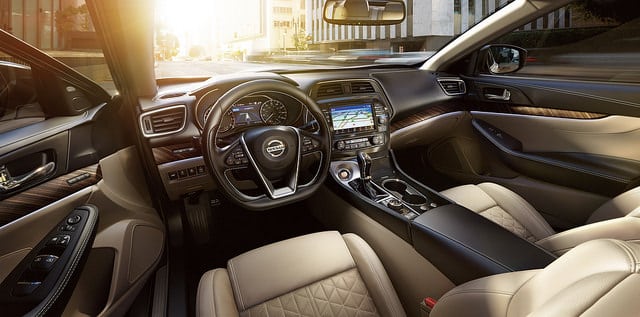Five Things Not to Leave in a Sweltering Vehicle
Since people spend so much time on the road, it’s not a surprise that vehicles often become a moving extension of their homes, filled with emergency essentials, personal gear, snacks, and drinks. Just how it’s easy to overlook the mess in stationary homes, drivers often ignore the dumping ground state of their vehicles. While some mess is okay(ish), there are things that should never be left in a hot vehicle.
According to AccuWeather.com writer Heather Janssen, although leaving groceries and electronics to cook in a high-temperature vehicle is a universally-understood no-no, people might not realize that everyday items like sunscreen, medicine, drinks, sunglasses, and wet swimsuits can be severely damaged and even health-threatening if left in a vehicle to bake.
“Sunscreen is a necessity during the summer months as people spend more time outdoors. But keeping sunscreen in the car can be unsafe. The heat can change the sunscreen’s composition and effectiveness, making skin more vulnerable to the sun’s strong rays. The heat can also cause plastic sunscreen bottles to melt,” writes Janssen.
Your perfect pair of shades can literally morph into a deformed mess if left in a hot car; a pair with a metal frame can reach such high temperatures, it can be aggravating to your skin, according to Janssen.
On a hot summer day, no one wants to reach for a drink of hot, stale water. But, leaving a plastic water bottle in a hot car doesn’t just impact its level of refreshment, it can also increase the level of chemicals in the liquid.
According to Janssen, “A 2014 study by the University of Florida found that water stored in plastic bottles can be unsafe to drink after being left in a hot car. Some bottles made from polyethylene terephthalate released the chemicals antimony and bisphenol A, or BPA, when heated. While the U.S. Food and Drug Administration deems small amounts of BPA safe, high levels can pose a health risk. Leaving water bottles in cars for extended periods of time can raise the BPA level.”
Janssen also advises against leaving soda cans and bottles in hot car because they are just an explosion waiting to happen; plus, wine bottles can lose their corks as well as their original flavor if confined to hot temperatures.
Since the temperature inside a car can be significantly higher than the outside temperature, it can adversely compromise the chemicals and effectiveness of prescription and non-prescription medication, according to Janssen.
A day at the beach or pool is the perfect response to a hot day, but wet swimwear and towels left in a hot car is a breeding ground for bacteria; Janssen recommends fully drying wet clothes before packing them into a hot car.
News Source: AccuWeather

The News Wheel is a digital auto magazine providing readers with a fresh perspective on the latest car news. We’re located in the heart of America (Dayton, Ohio) and our goal is to deliver an entertaining and informative perspective on what’s trending in the automotive world. See more articles from The News Wheel.


